Creating a thriving and balanced ecosystem around your roses involves strategic companion planting. Certain plants can enhance the health and vitality of your roses by attracting beneficial insects, deterring pests, and providing additional nutrients. Explore the world of companion planting to maximize the well-being of your rose garden.
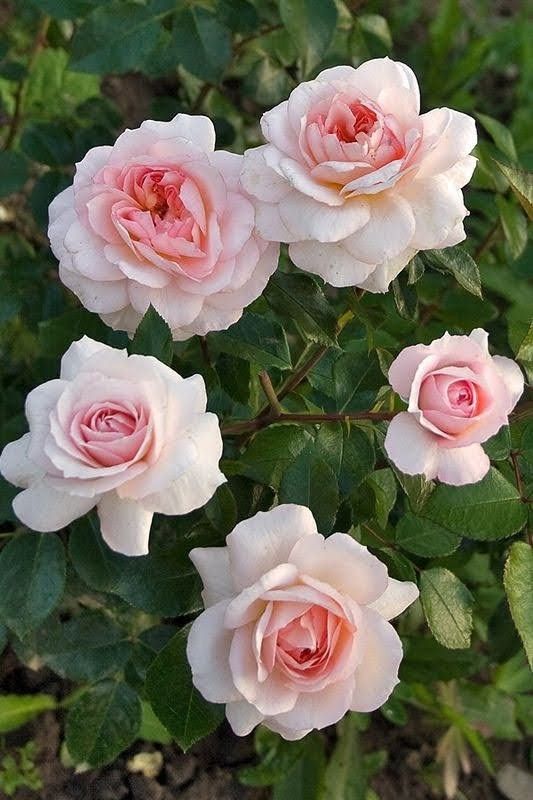
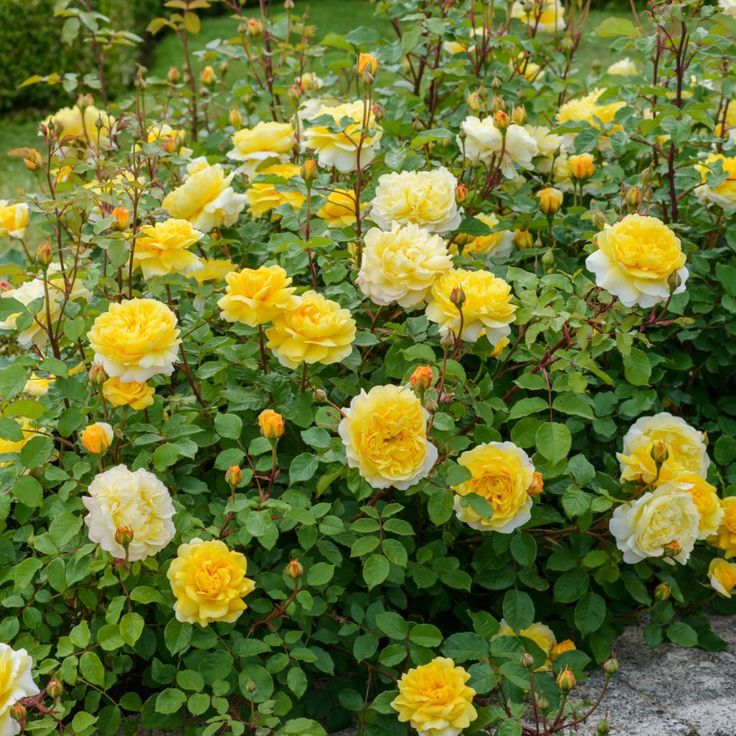
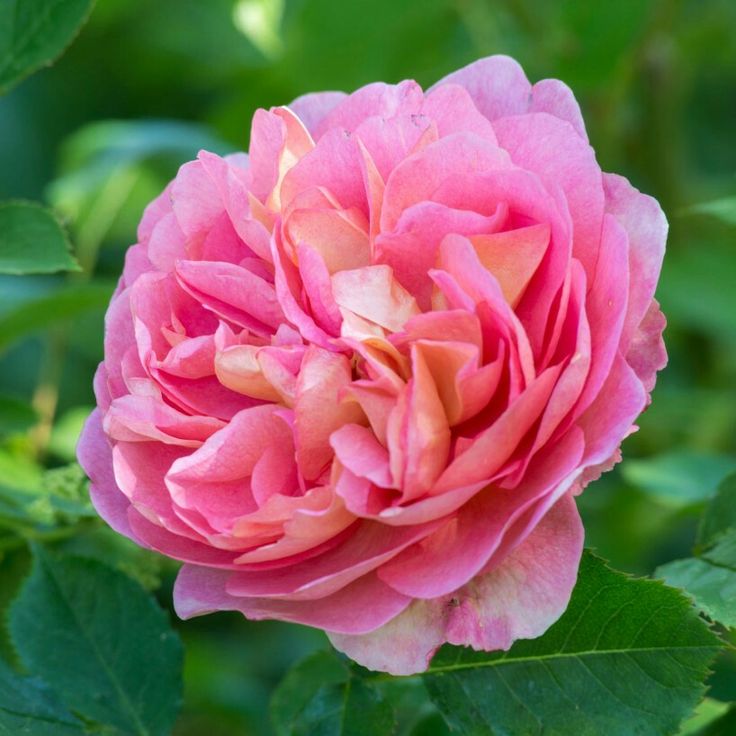

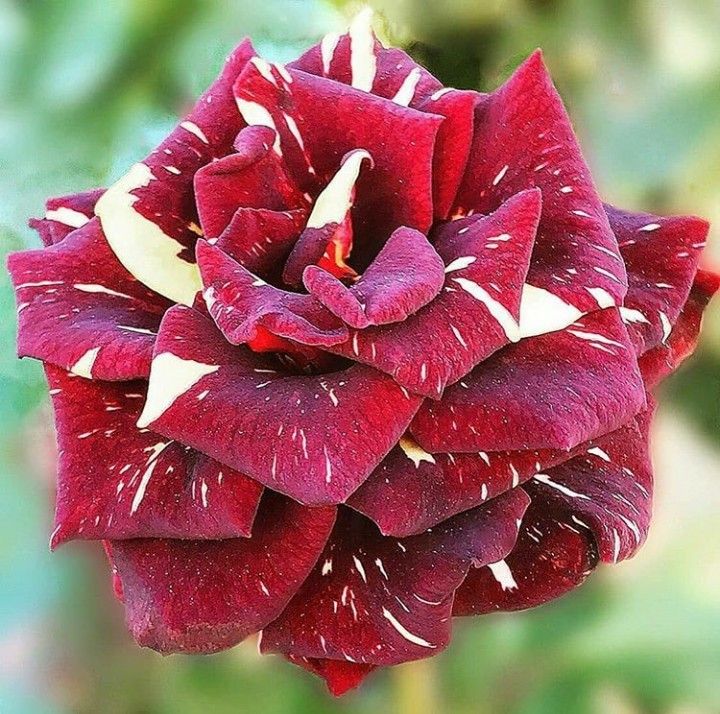
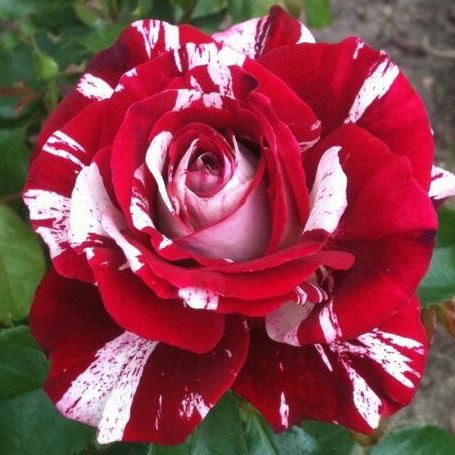


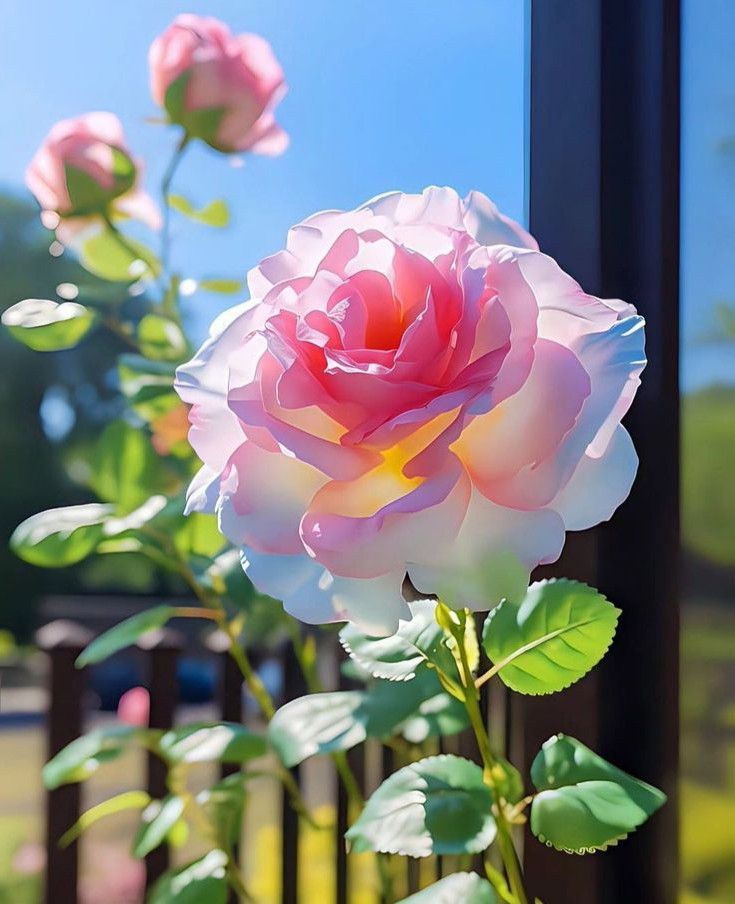




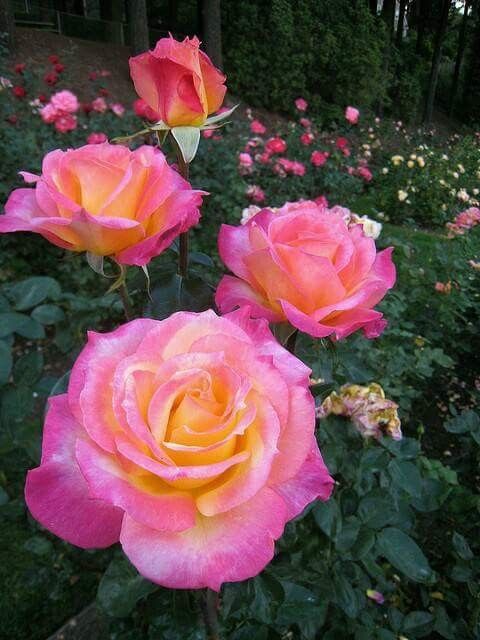

**1. *Lavender (Lavandula spp.)*
Tip:
- Benefit for Roses:
- Lavender attracts pollinators, such as bees and butterflies, enhancing the overall pollination of your roses. It also repels pests like moths and fleas.
Tip:
- Planting Placement:
- Plant lavender at the edges of your rose garden or intersperse it among the roses to create a visually appealing and beneficial combination.
Tip:
- Varieties to Consider:
- English Lavender (Lavandula angustifolia) and French Lavender (Lavandula dentata) are popular choices for companion planting with roses.
**2. *Marigold (Tagetes spp.)*
Tip:
- Benefit for Roses:
- Marigolds contain compounds that deter nematodes, microscopic soil-dwelling pests harmful to roses. Their vibrant blooms also attract beneficial insects.
Tip:
- Interplanting Strategy:
- Intersperse marigolds throughout your rose garden, focusing on areas where nematode control is essential, such as around the base of rose bushes.
Tip:
- Varieties to Consider:
- French marigolds (Tagetes patula) and African marigolds (Tagetes erecta) are both effective choices for companion planting with roses.
**3. *Chives (Allium schoenoprasum)*
Tip:
- Benefit for Roses:
- Chives deter aphids, which can be a common pest for roses. The aromatic qualities of chives can also help repel other pests.
Tip:
- Planting Proximity:
- Plant chives near rose bushes, especially those susceptible to aphid infestations. Their presence can contribute to a healthier rose environment.
Tip:
- Edible Bonus:
- Chives are edible herbs, adding a functional and aesthetic aspect to your garden. Harvesting chives for culinary use provides a dual purpose for their presence.
**4. *Nasturtium (Tropaeolum majus)*
Tip:
- Benefit for Roses:
- Nasturtiums attract aphids, serving as sacrificial plants. They draw aphids away from roses, reducing the likelihood of an infestation.
Tip:
- Strategic Planting:
- Plant nasturtiums near rose bushes as a protective barrier. Their vibrant flowers add visual appeal while contributing to pest management.
Tip:
- Edible Flowers:
- Nasturtium flowers are edible and can be a delightful addition to salads. Embrace the dual functionality of these plants in your garden.
**5. *Yarrow (Achillea millefolium)*
Tip:
- Benefit for Roses:
- Yarrow attracts predatory insects, such as ladybugs and parasitic wasps, which prey on common rose pests like aphids and scale insects.
Tip:
- Planting in Borders:
- Plant yarrow along the borders of your rose garden to encourage the presence of beneficial insects. Its feathery foliage adds a contrasting texture.
Tip:
- Varieties to Consider:
- Common yarrow (Achillea millefolium) and hybrid varieties with colorful blooms are suitable for companion planting with roses.
**6. *Garlic (Allium sativum)*
Tip:
- Benefit for Roses:
- Garlic deters aphids, spider mites, and other pests. It also has antifungal properties that may contribute to disease prevention.
Tip:
- Planting Around Roses:
- Plant garlic bulbs around the base of rose bushes to create a protective barrier. This can help ward off pests and improve overall rose health.
Tip:
- Harvesting Considerations:
- Harvest garlic bulbs when mature, ensuring that the companion planting benefits continue throughout the growing season.
Conclusion
Companion planting is a holistic approach to gardening that leverages the natural interactions between different plant species. By strategically choosing companion plants for your roses, you can create a symbiotic environment that promotes the health and well-being of your entire garden. Experiment with combinations and observe the positive impact on your roses’ vitality, while also enjoying the visual diversity and functionality that companion plants bring to your landscape.
FAQs
- Can I use synthetic pesticides with companion planting?
- While companion planting is designed to reduce the need for synthetic pesticides, if a pest issue arises, choose targeted and environmentally friendly options. Avoid broad-spectrum pesticides that may harm beneficial insects.
- Are all varieties of marigolds effective for nematode control?
- French marigolds (Tagetes patula) and African marigolds (Tagetes erecta) are known for their nematode-repelling properties. Ensure the marigolds you choose are one of these varieties for effective nematode control.
- Can I grow chives in containers near rose pots?
- Yes, chives can be grown in containers, making them suitable companions for potted roses. Plant chives in proximity to rose pots to deter aphids and add aesthetic appeal.
- Is nasturtium effective for all types of aphids?
- Nasturtiums are particularly effective against black aphids. While they may not repel all types of aphids, their presence can still contribute to overall pest management in the garden.
- Can companion plants be grown in the same soil as roses?
- Yes, companion plants can be grown in the same soil as roses. Ensure that the soil conditions and sunlight requirements are compatible for both roses and their companion plants.